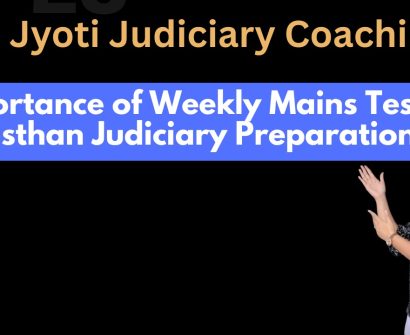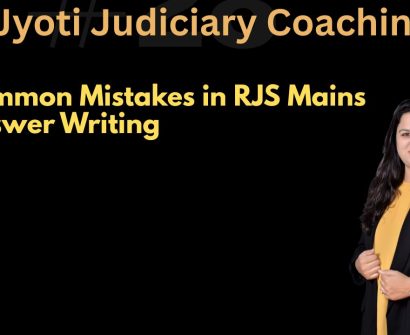According to [Section 2(6)] of the Act, “Future Goods” refers to goods that the seller will make, produce, or acquire after entering into the contract for sale. Future commodities are so items that do not yet exist since they have not been produced or the merchant does not possess them. The seller, after entering into a contract of sale, is required to create, produce, or acquire these.
Selling or making an offer to sell future products is permitted by section 6(1). For instance, S agrees to pay 200 rupees a dozen to purchase the full banana fruit that B’s farm will produce. This is a contract for the selling of upcoming goods. Future goods may become the subject of an agreement to sell only rather than a contract of sale since they are not in the seller’s possession at the time of contract. Because a man cannot agree to assign something that doesn’t exist, but he can agree to assign something that will exist in the future.
If you want to be a judicial officer and are looking for RJS coaching in Rajasthan, here, at Jyoti Judiciary we provide comprehensive study material to make your preparation solidified and topnotch. From preliminary mock tests, to mains answer writing sessions every material required for clearing the exam is provided. We have separate legal current affairs classes, legal general knowledge, current affairs classes all in one time enrolment. Hurry up.









